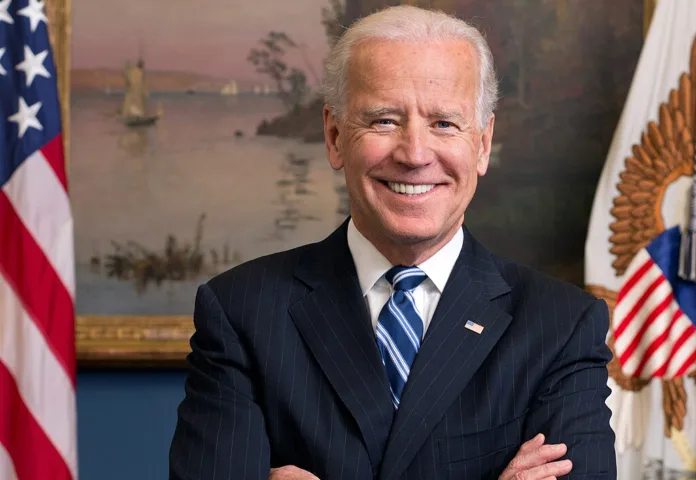President Biden announces NATO’s pledge to provide Ukraine with strategic air defence systems as tensions escalate with Russia
In a pivotal address at the NATO summit in Washington, President Joe Biden unveiled a significant commitment from NATO allies to bolster Ukraine’s defences against increasing Russian aggression. The cornerstone of Biden’s announcement was NATO’s agreement to supply Ukraine with five advanced strategic air defence systems, including crucial anti-air capabilities urgently requested by Ukrainian President Volodymyr Zelenskiy.
The announcement came swiftly following a tragic missile strike on civilian targets in Ukraine, which Biden condemned as a stark reminder of Russia’s brutal tactics. Emphasizing the urgency of the situation, Biden declared, “Ukraine will receive hundreds of additional interceptors over the coming year, fortifying defences for Ukrainian cities and troops on the front lines against Russian assaults.”
Embed from Getty ImagesBiden’s forceful speech aimed not only to reassure NATO members of American leadership but also to underscore his commitment to defending democratic values and international norms in the face of authoritarian aggression. He asserted, “Before this senseless war, Putin expected NATO to falter. Today, NATO stands stronger than ever. Ukraine began this war as a free nation, and it will remain free.”
Later in the summit proceedings, President Zelenskiy implored US political leaders not to delay aid until after the US presidential election in November, urging immediate action to counter ongoing Russian attacks. Concurrently, the United States, alongside Germany and Romania, announced plans to deploy additional batteries of the Patriot air defence system to Ukraine. The Netherlands pledged Patriot components to operationalize another battery, while Italy committed to donating its equivalent, the SAMP/T air defence system.
In addition to these strategic systems, NATO allies committed to providing Ukraine with dozens of shorter-range tactical defences, including systems from Norway, the US, and a European consortium. This comprehensive support package aims to rapidly enhance Ukraine’s defensive capabilities amid escalating hostilities with Russia.
Despite the unified support from some NATO members, reservations persist among others, including the US, Hungary, Germany, and Italy, regarding the timing and implications of Ukraine’s potential NATO membership amidst ongoing conflict. Discussions at the summit focused on reinforcing Ukraine’s defence capabilities without escalating the situation further.
Analysis:
Political Perspective: Politically, Biden’s leadership at the NATO summit underscores a renewed commitment to NATO’s collective defence principles and solidarity against external threats. By securing NATO’s commitment to bolster Ukraine’s defences, Biden reaffirms the alliance’s relevance and strength in addressing contemporary security challenges.
Social Perspective: Socially, the provision of advanced military aid to Ukraine reflects broader international support for democratic values and opposition to authoritarian aggression. It signals solidarity with Ukraine’s right to defend itself against foreign incursions and underscores global norms against the targeting of civilian populations.
Racial Perspective: While race is not a central issue in this geopolitical context, the conflict’s humanitarian impact and geopolitical ramifications resonate across diverse populations affected by displacement, violence, and international policy decisions.
Gender Perspective: The gender dynamics in this context primarily relate to the broader societal impacts of conflict and defence policies on men, women, and children in conflict zones. Security measures and humanitarian aid provisions can disproportionately affect women and children, highlighting the need for inclusive defence strategies.
Economic Perspective: Economically, the conflict in Ukraine influences global markets, energy security, and geopolitical stability. International responses, such as military aid packages, aim to mitigate economic impacts while supporting Ukraine’s sovereignty and territorial integrity.
